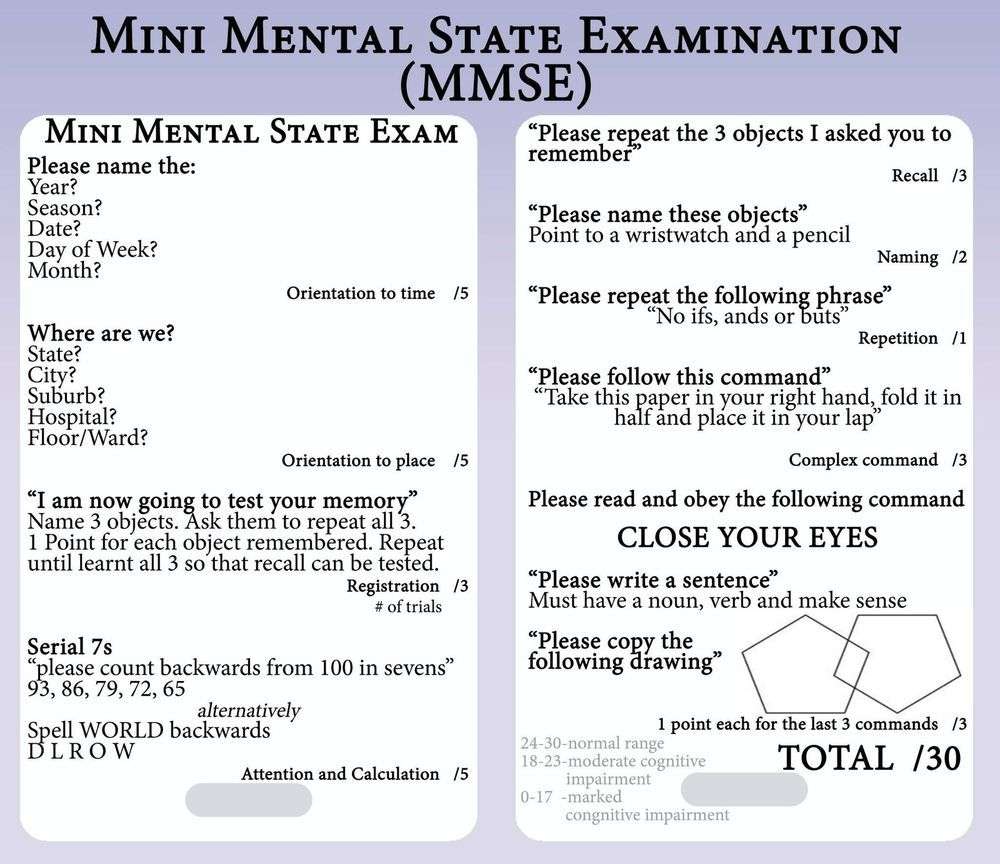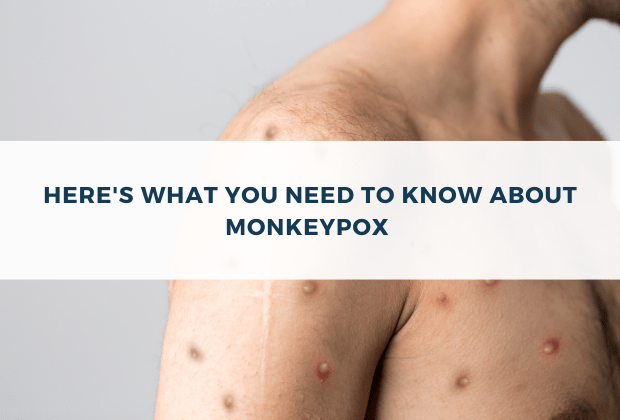Mini-Mental State Examination (MMSE)


Women are nearly twice as likely as men to be diagnosed with depression. Depression can occur at any age.
Some mood changes and depressed feelings occur with normal hormonal changes. But hormonal changes alone don’t cause depression. Other biological factors, inherited traits, and personal life circumstances and experiences are associated with a higher risk of depression. Here’s what contributes to depression in women.
Puberty
Hormone changes during puberty may increase some girls’ risk of developing depression. However, temporary mood swings related to fluctuating hormones during puberty are normal — these changes alone don’t cause depression.
Puberty is often associated with other experiences that can play a role in depression, such as:
After puberty, depression rates are higher in females than in males. Because girls typically reach puberty before boys do, they’re more likely to develop depression at an earlier age than boys are. There is evidence to suggest that this depression gender gap may continue throughout the lifespan.
Premenstrual problems
For most females with premenstrual syndrome (PMS), symptoms such as abdominal bloating, breast tenderness, headache, anxiety, irritability and experiencing the blues are minor and short-lived.
But a small number of females have severe and disabling symptoms that disrupt their studies, jobs, relationships or other areas of their lives. At that point, PMS may cross the line into premenstrual dysphoric disorder (PMDD) — a type of depression that generally requires treatment.
The exact interaction between depression and PMS remains unclear. It’s possible that cyclical changes in estrogen, progesterone and other hormones can disrupt the function of brain chemicals such as serotonin that control mood. Inherited traits, life experiences and other factors appear to play a role.
Pregnancy
Dramatic hormonal changes occur during pregnancy, and these can affect mood. Other issues also may increase the risk of developing depression during pregnancy or during attempts to become pregnant, such as:
Postpartum depression
Many new mothers find themselves sad, angry and irritable, and experience crying spells soon after giving birth. These feelings — sometimes called the baby blues — are normal and generally subside within a week or two. But more-serious or long-lasting depressed feelings may indicate postpartum depression, particularly if signs and symptoms include:
Postpartum depression is a serious medical condition requiring prompt treatment. It occurs in about 10 to 15 percent of women. It’s thought to be associated with:
Perimenopause and menopause
Risk of depression may increase during the transition to menopause, a stage called perimenopause, when hormone levels may fluctuate erratically. Depression risk may also rise during early menopause or after menopause — both times when estrogen levels are significantly reduced.
Most women who experience bothersome menopausal symptoms don’t develop depression. But these factors may increase the risk:
Life circumstances and culture
The higher rate of depression in women isn’t due to biology alone. Life circumstances and cultural stressors can play a role, too. Although these stressors also occur in men, it’s usually at a lower rate. Factors that may increase the risk of depression in women include:
Other conditions that occur with depression
Women with depression often have other mental health conditions that need treatment as well, such as:
Recognizing depression and seeking treatment
Although depression might seem overwhelming, there’s effective treatment. Even severe depression often can be successfully treated. Seek help if you have any signs and symptoms of depression, such as:
Not sure how to get treatment? Consider turning to your primary care provider first — for example, your family doctor, internist, nurse practitioner, obstetrician or gynecologist. If needed, your primary care provider can refer you to a mental health professional who specializes in diagnosing and treating depression.
Remember, depression is both common and treatable. If you think you’re depressed, don’t hesitate to seek help.
